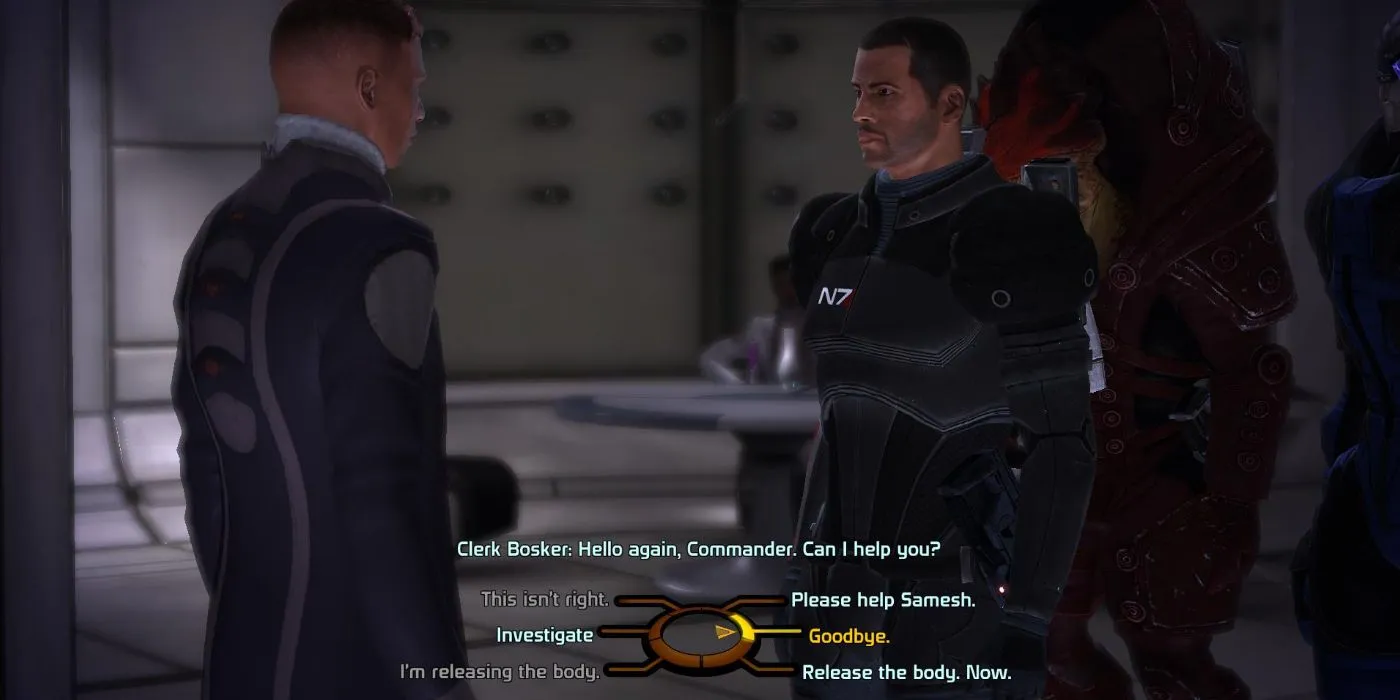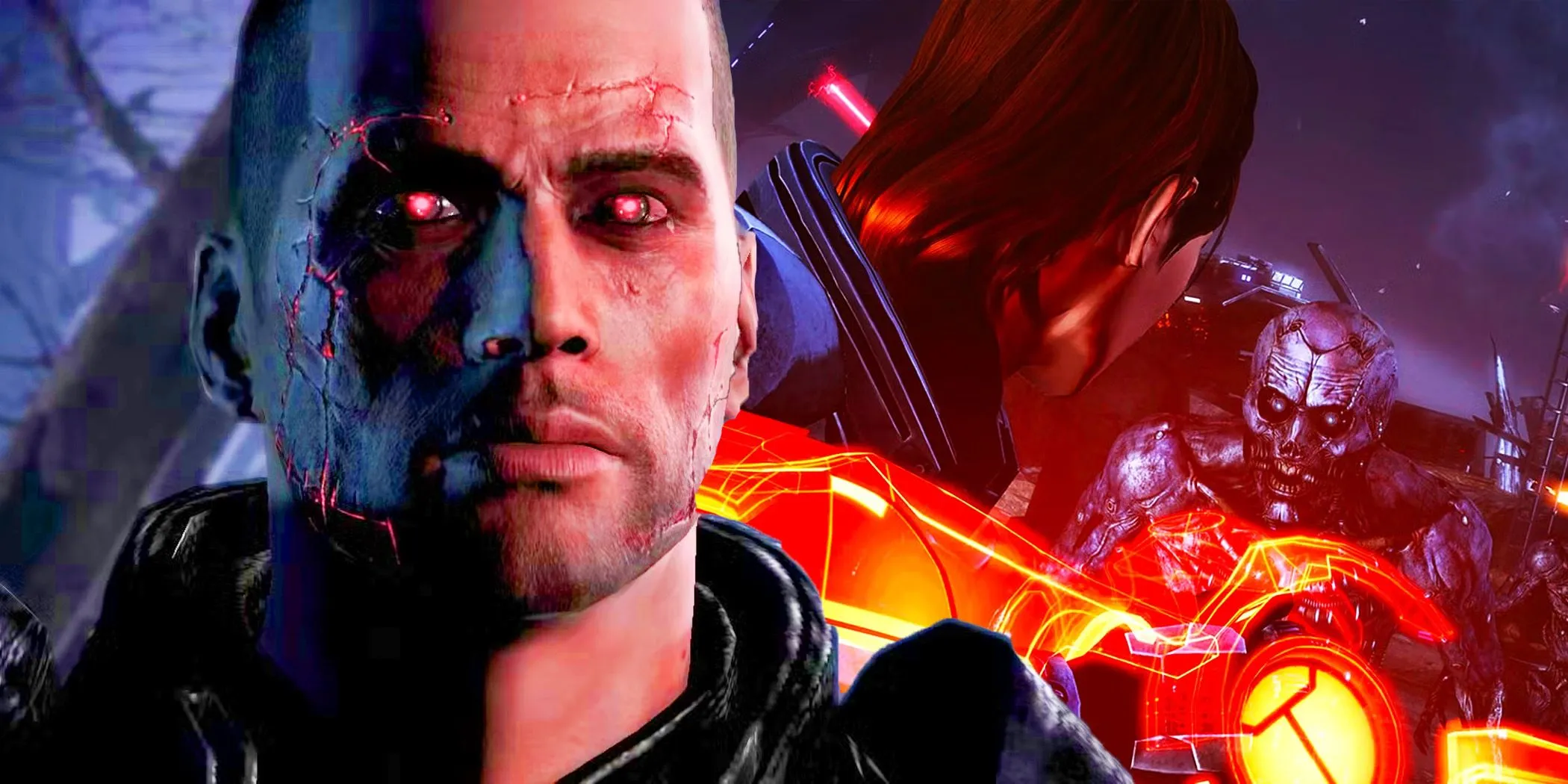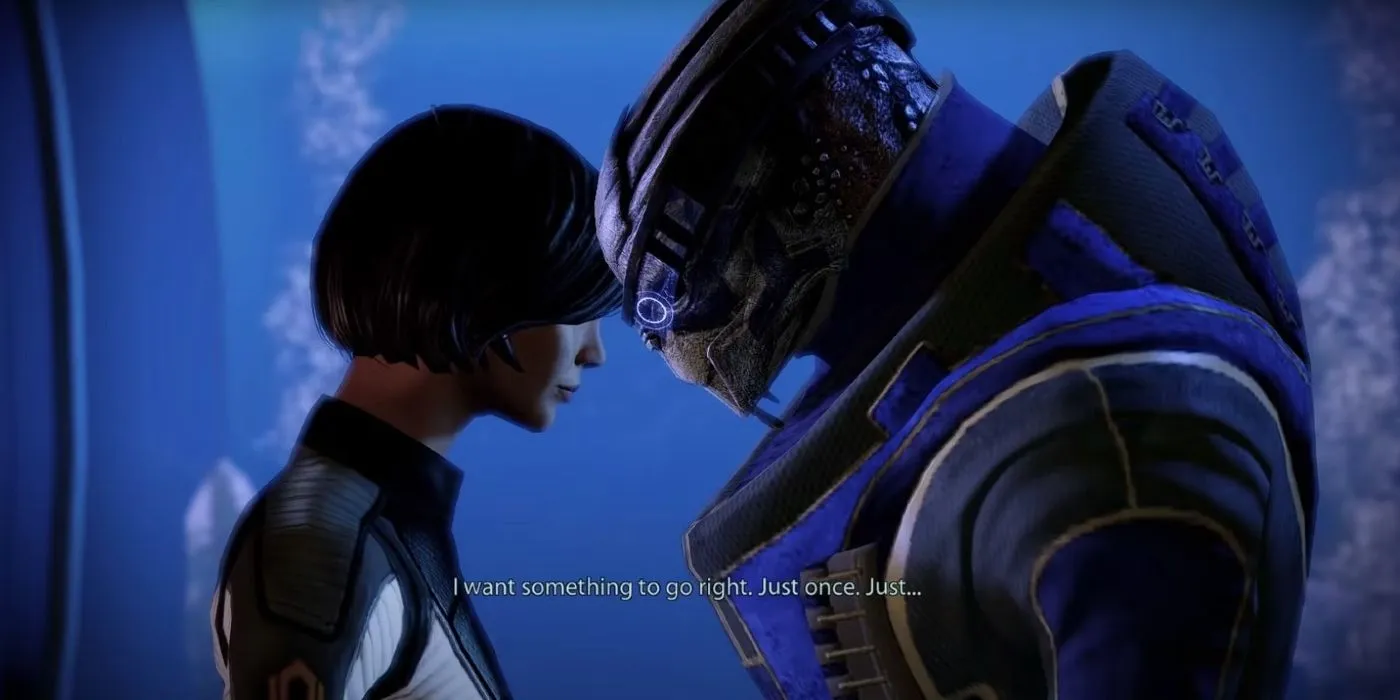
For Mass Effect 5 to reclaim its stature as a leading-edge RPG, it would benefit greatly by examining Baldur’s Gate 3. The original trilogy was celebrated for its rich storytelling and the significant impact of player choices, but as time has passed, the gaming landscape has evolved. Modern RPGs, exemplified by Baldur’s Gate 3, have raised the bar in these areas, necessitating advancements in Mass Effect 5.
Baldur’s Gate 3 excels in offering players intricate branching dialogue options, featuring an extensive variety of hidden responses. Depending on their chosen race, players can even unlock rare dialogue from companions like Shadowheart. Revisiting the original Mass Effect titles clearly shows the advancement in dialogue complexity in contemporary RPGs, presenting a challenge for Mass Effect 5 to meet the new expectations of fans.
Reassessing Choice Delivery in Mass Effect
Problems with Telegraphed Choices in Mass Effect

One of the more noticeable flaws in Mass Effect’s dialogue system is its tendency to telegraph the Paragon and Renegade choices. With time, players can quickly deduce that dialogue wheel options are categorized – Paragon choices are consistently colored blue on the right side, while Renegade choices are red to the bottom right. This predictability may lead players to disengage from conversations, resorting instead to mechanically choosing options rather than genuinely engaging with the content.
The left-hand options on the dialogue wheel often merely serve explanatory purposes and are generally ignored since they lack visual markers. On the rare occasion when these options become significant, they will usually still follow the Paragon or Renegade color coding, perpetuating the cycle of predictable choices.
In contrast, Baldur’s Gate 3 effectively provides choices in a list format, refraining from highlighting likely outcomes. The necessity for players to strategize their selections adds a layer of realism and thus enhances engagement. For example, when interacting with Yurgir, players must consider their approaches carefully instead of thoughtlessly opting for the most straightforward route.
Elevating the Morality System
Moving Beyond Binary Moral Choices

Furthermore, the straightforward morality system in Mass Effect hampers genuine role-playing opportunities. Rather than exploring various nuanced outcomes, choices often boil down to the stark categories of Paragon or Renegade. Take the Rachni queen scenario, where options are severely limited to liberating or exterminating her kind, overlooking more creative solutions that could provide a balance between the two extremes.
In Baldur’s Gate 3, players experience moral complexity through the relationships and reputations they build instead of being confined to a binary framework. Actions in the game carry weight and consequence, reinforcing realistic player interactions and storyline developments.
With Mass Effect’s previous systems, players found themselves funneled into rigid paths, often locking themselves out of crucial dialogue and choices based on their cumulative points. This binary approach diminishes the richness of player experiences, transforming many dialogues into mere mechanical processes rather than authentic interactions.
Improving Conversation Mechanics
The Importance of Consequential Conversations

The option to repeat conversations allows players to circumvent the natural flow and tension of decision-making in the Mass Effect series. Players can engage with companions like Wrex, make a choice that leads to conflict, and immediately reset to alter their response to gain acceptance. This mechanic undermines the importance of the relationships formed within Mass Effect, rendering interactions superficial due to the possibility of always achieving a favorable outcome.
In Baldur’s Gate 3, while players can revisit specific dialogue topics, the vast majority of conversations are one-time engagements. This design choice encourages thoughtful dialogue as missteps in conversations can lead to missed romantic opportunities or even the departure of integral party members, like when Gale faces consequences for his actions. The resulting emphasis on the importance of dialogue deepens the sense of relationship and narrative integrity.
Embracing a Silent Protagonist
Unlocking Dialogue Possibilities with Silence

While Mass Effect‘s voiced protagonist marked a significant innovation, it also placed constraints on the breadth of dialogue choices. Requiring voice actors Jennifer Hale and Mark Meer to record each line inevitably limited the scope of character expression. Conversely, Baldur’s Gate 3’s decision to adopt a silent protagonist model allows for a far wider array of player-created dialogue interactions.
Moreover, articulating a diverse personality through voice acting poses challenges. Certain lines can feel disjointed or out of character due to the need for consistent delivery. By following the example of Baldur’s Gate 3 and implementing a silent protagonist, Mass Effect 5 can afford players unmatched flexibility in character representation, allowing for a more seamless integration of player personality in role-playing.




Leave a Reply